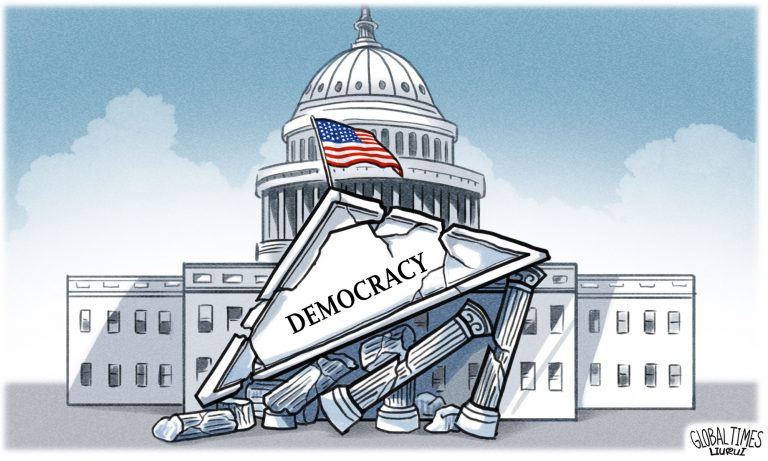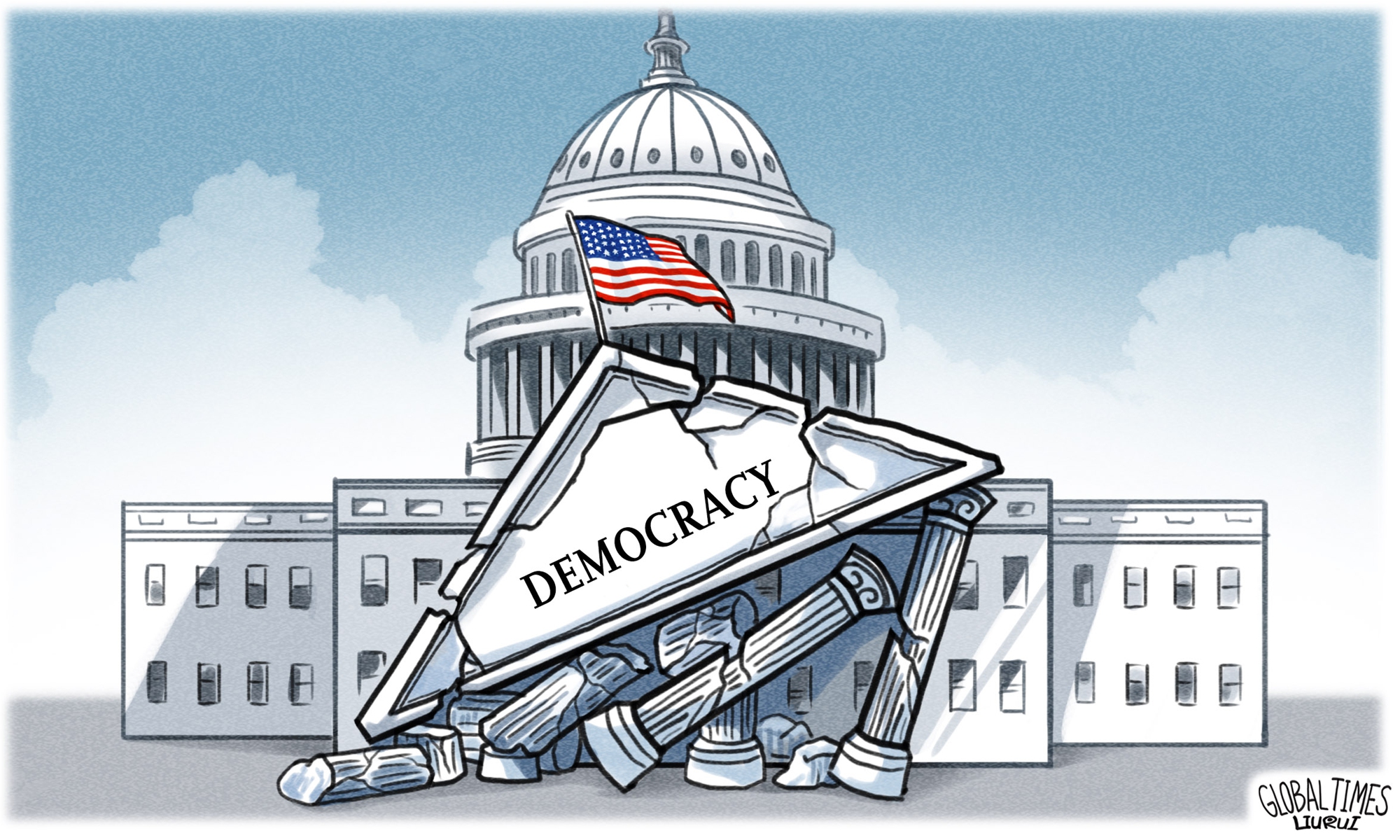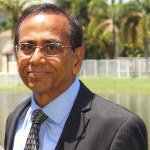

“We the people” A citizenry with less interest in power than in preserving democracy is the safeguard of last resort. Appearances to the contrary, the problem of polarization in the United States began not with voters but with political elites who drove their bases to extremes. The more directly responsive government can be made to the people, the safer democracy will be.
By Nazarul Islam
It is unfortunate that the United States, being Democracy’s celebrated global leaders, have struggled with a paradox. Political elites have turned out to make poor guardrails for democracy, not least because the top line in their job description is—to religiously, pursue power.
“We the people” has lately been getting a less favorable reputation in the annals of democratic theory. Thinkers from Alexander Hamilton to Alexis de Tocqueville have identified an excess of democracy, to be the greatest threat to U.S. democracy.
As recently as 2019, the Harvard scholars Steven Levitsky and Daniel Ziblatt fretted about “An overreliance on the ‘will of the people’”—a Hamilton phrase—in their bestseller, How Democracies Die. They appealed to U.S. political elites to be the real guardians of democracy.
Only angels could be relied on, to never abandon norms of tolerance and restraint in that pursuit, and even politicians’ most fervent admirers have never called them that. In the United States in recent decades, Republican leaders have abandoned democratic norms particularly egregiously, but Democrats have pitched right in. What’s there to stop them?
The answer lies in three immortal words:
“We the people” A citizenry with less interest in power than in preserving democracy is the safeguard of last resort. Appearances to the contrary, the problem of polarization in the United States began not with voters but with political elites who drove their bases to extremes. The more directly responsive government can be made to the people, the safer democracy will be.
Successive attacks have crippled or destroyed democracy in such nations as Venezuela, Hungary, Russia, and Turkey—but not, in the United States. Why did this happen?
According to Adam Przeworski, a scholar of democracy who grew up in communist Poland, there’s good reason why transitional democracies in poor nations repeatedly fail but developed democracies in rich nations survive. Overturning the rule of law threatens that existence and offers the middle classes no conceivable gains worth the price. In poorer countries, where economic and political stakes are higher, dueling factions may so deeply fear their opponents that they care more about grabbing power today than preserving democracy tomorrow.
Thus, in 2020, most Americans saw their interests better served by preserving democracy than by sweeping it away out of fear or animus. The legitimacy of democracies depends on belief in the political system itself. In the United States, that belief has survived, but it has also taken a beating, mainly because so many Americans perceive their government as unresponsive and unaccountable.
The solution to U.S. democracy’s discontents is not for political elites to exercise more control over the system they have successfully driven to extremes. Rather, it is more and better democracy. To that end, the country may perhaps….abolish its Electoral College in a hundred years or so. In the shorter term, ranked-choice voting would go a long way toward making government more responsive, and it would just require ordinary legislation. Citizens could then choose from a variety of parties and list them in order of preference.
If one’s first choice loses, one’s vote would not be wasted but would go to one’s second choice….After all, we the people, are the guardians of democracy.
__________________
About the Author
